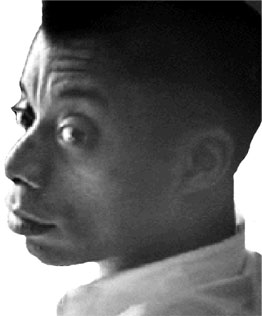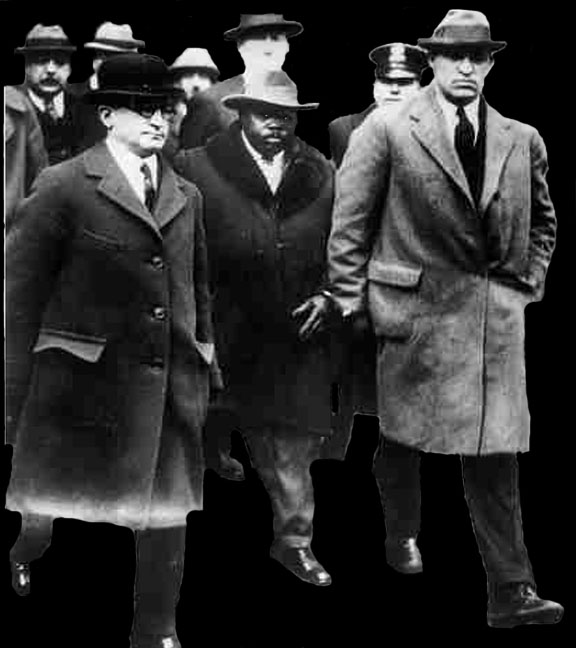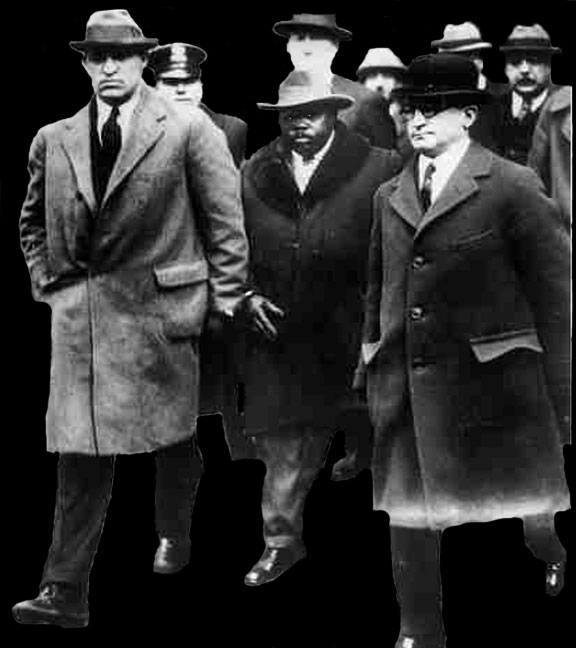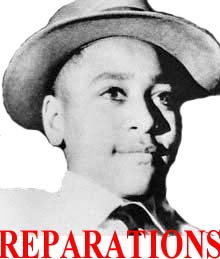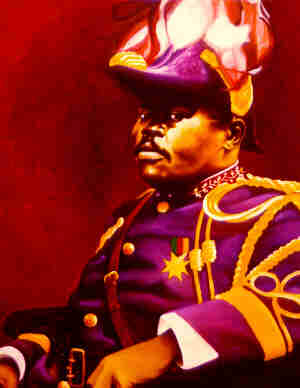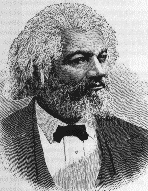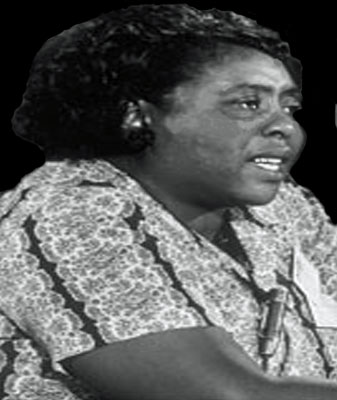aa
|
Marcus Garvey
School of African Philosophy
Garvey's long-standing interest in establishing a school to
train individuals in his racial philosophy was realized a decade after his
deportation from the United States, when he launched the School of African
Philosophy in Toronto. Garvey reported to the readers of the December 1937 Black
Man:
The School of African Philosophy has come into existence after
twenty-three years of the Association's life for the purpose of preparing and
directing the leaders who are to create and maintain the great institution that
has been founded and carried on during a time of intensified propaganda work.
The philosophy of the school embodies the most exhaustive outlines of the manner
in which the Negro should be trained to project a civilization of his own and to
maintain it.
The first session of the school was held in September 1937,
following the second regional conference of the American and Canadian branches
of the UNIA in August. Garvey served as principal of the school and led the
classes, which met daily, in day and evening sessions, from 1 to 23 September.
Entrance was restricted to individuals with a high school education. Eleven
students enrolled in the session, including four women and seven men, all from
the northern or eastern United States or Canada. Ten of them passed the final
examination and received appointments as UNIA regional commissioners.
Garvey described the course in African philosophy as including
"a range of over forty-two subjects" and announced that an extensive
correspondence course had been drawn up, open "only to Negroes." The course was
available through mail order from UNIA headquarters at 2 Beaumont Crescent, West
Kensington, London, for a fee of twenty-five dollars. According to a press
release issued by Garvey from his London headquarters, the course "guarantees to
prepare each man and woman for a useful career and sure success and prosperity."

|
|
a |
